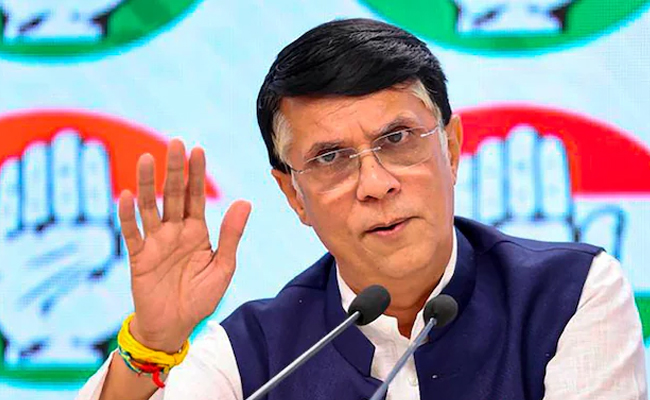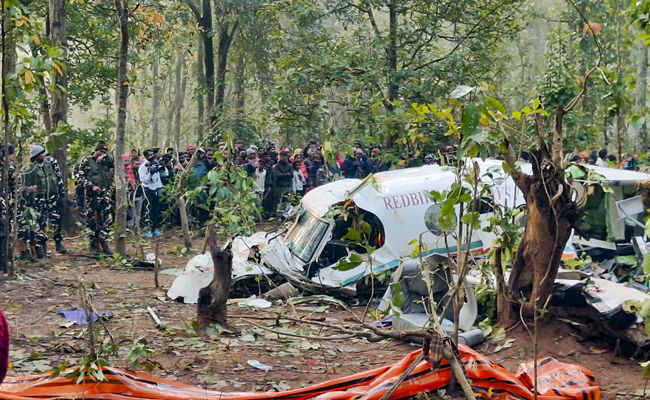Mangaluru: In the wake of Zika virus cases which are spread by Aedes mosquitoes being reported in Kerala, the State Health Department has issued a directive to border districts such as Chamarajanagar, D.K., and Udupi to maintain extra caution as a preventive measure.
The Dakshina Kannada District Commissioner Dr. Rajendra K. V. informed that the health department has ordered preventive measures to be taken to control the spread of Aedes disease-carrying mosquitoes in the D. K. district.
“In line with the health screening measures for those coming from Kerala, already, RTPCR Negative reports or COVID vaccination certificates have been made mandatory. Other than that, there are no new specific directives related to the Zika virus. Since this virus is spread from mosquitoes, the state will strictly follow related guidelines. The symptoms caused by the Zika virus will have to be ascertained based on clinical directives. There is no need or panic in this regard. Further assessment will be done about additional technical measures to be taken in the border regions”, the district commissioner informed.
Since the population of Aedes mosquitoes that carries the Zika virus increases during the monsoons, the state-wide monitoring of the carrier spread has been directed.
To control the carrier mosquito, guidelines have been issued for houses, airports, harbours, villages, cities, and populated areas to monitor the growth of larvae and keep a keen eye on the same. Regarding chemical and biological spraying, and adequate handling of waste disposal, the health commissioner has issued clear guidelines. Those with symptoms of Zika virus suffer from fever, itching, and joint pain among other symptoms, it is learned. The blood samples of the suspected patients with these symptoms have been directed to be collected and sent to Bengaluru National Institute of Virology (NIV), as per the state guidelines.
Let the Truth be known. If you read VB and like VB, please be a VB Supporter and Help us deliver the Truth to one and all.
New Delhi (PTI): The Congress on Tuesday launched a scathing attack on Prime Minister Narendra Modi after Indian Youth Congress chief Uday Bhanu Chib was arrested in connection with the shirtless protest at the AI Impact Summit, saying the PM is "scared" of dissent and questions being asked of him.
Chib was arrested by Delhi Police in connection with the shirtless protest staged by a group of youth wing members at the AI Impact Summit here last week, officials said on Tuesday.
Police have also stepped up security across key locations in the capital in anticipation of possible protests following Chib's arrest, which took the total number of people held in the case to eight.
ALSO READ: Leh-bound SpiceJet plane faces engine issue; returns to national capital
Asked about Chib's arrest, Congress' media and publicity department head Pawan Khera told PTI Videos, "It is the duty of the opposition to protest in a democracy but a dictator will never understand this."
"If you hear the speech of that dictator in Meerut recently you will get to know that the word democracy does not exist in his dictionary," Khera said, in a swipe at the prime minister.
Chib as well as other colleagues are being arrested from various parts of the country, Khera, who is in Bhopal for the party's Kisan Maha Chaupal against the India-US interim trade deal, said,
"This shows that Narendra Modi is scared of dissent and questions being asked of him. Narendra Modi is emerging as the most cowardly Prime Minister in the world. He is being blackmailed, he is a coward, he is scared," Khera alleged.
"It has been the Congress' history that no matter how much oppression we face, we will continue to raise issues of the people and will keep fighting with 'Ahimsa'," he said.
Police had earlier arrested seven Indian Youth Congress (IYC) workers, including three from Gwalior in Madhya Pradesh, for the protest at the Bharat Mandapam last Friday. They have been identified as Jitendra Yadav, Raj Gujjar and Ajay Kumar.
In addition, IYC's Uttar Pradesh general secretary Ritik alias Monty Shukla has been detained from Lalitpur in the state.
Senior officers said additional force has been deployed at the sensitive points, particularly in New Delhi, a hotspot for political demonstrations.
Security has been tightened around the Tilak Marg police station, where Chib is presently held, while barricades have been put up at the strategic points, with anti-riot teams on standby.
Quick Reaction Teams (QRTs) and additional companies of paramilitary forces have also been placed on alert to respond to any law and order situation, officials said.
Senior officers have directed the field staff to ensure that traffic movement remains smooth.
On Friday, a group of IYC workers staged a dramatic protest inside Hall No. 5 of the summit venue by removing their shirts to reveal T-shirts printed with slogans against the government and the India-US interim trade deal, before being whisked away by security personnel.
Police said the accused had registered online and obtained QR codes to gain entry into the venue.
The incident triggered a political slugfest, with the BJP calling it a "shameful act to tarnish India's image on the global stage", and the IYC defending it as a "peaceful" demonstration aimed at safeguarding national interests.
VIDEO | Delhi: On arrest of Indian Youth Congress president Uday Bhanu Chib in connection with 'shirtless' protest staged by a group of IYC members at the AI Impact Summit last week, Congress leader Pawan Khera (@Pawankhera) says, "Protesting is the duty and responsibility of the… pic.twitter.com/2MOujnPDLX
— Press Trust of India (@PTI_News) February 24, 2026





